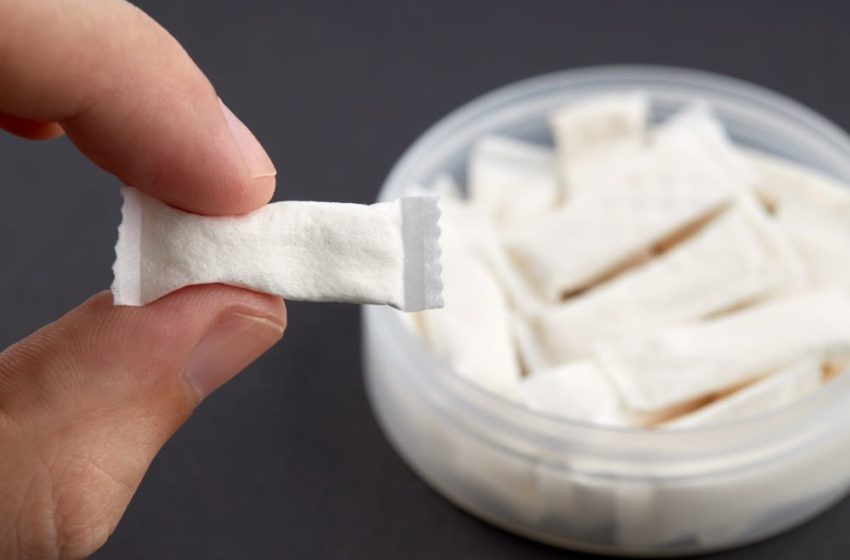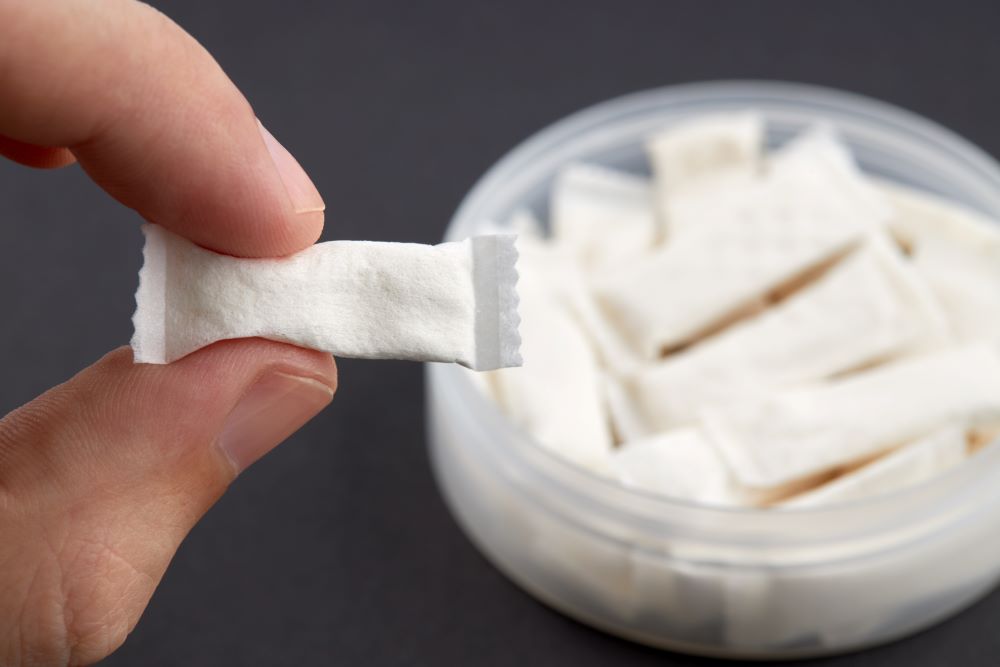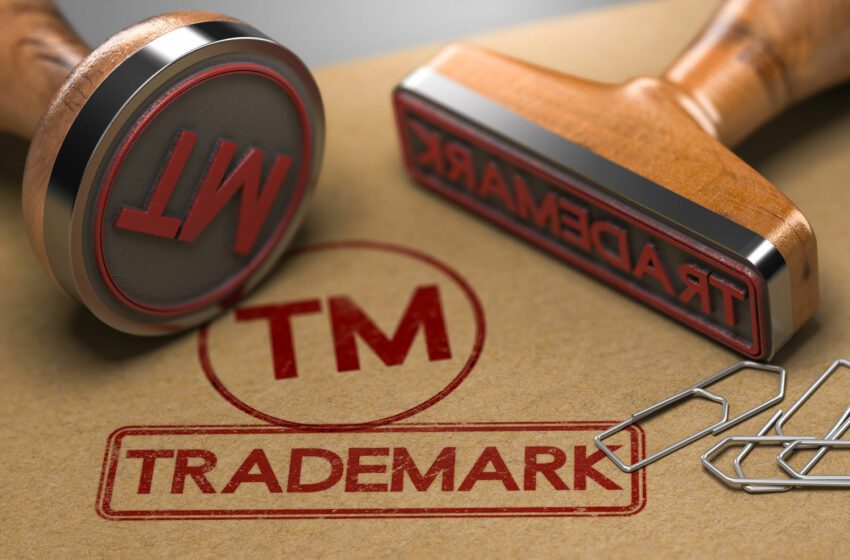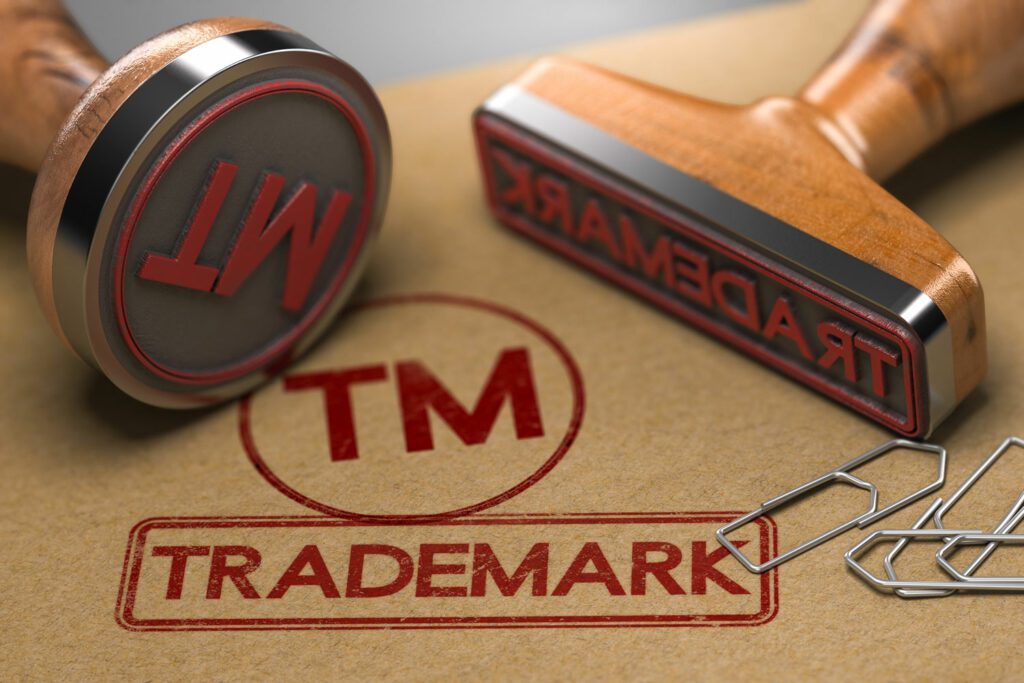
Stingfree, a snus startup based in Sweden, has completed a new share issue of SEK5 million ($460,000) in November, resulting in a company valuation of SEK40.6 million.
Demonstrating his confidence in the company’s future, billionaire entrepreneur Erik Selin increased his ownership stake from 15.8 percent to 21.9 percent.
Stingfree offers a patented integrated gum protection product, effectively reducing burning, corrosion and irritation of the gums and thus enabling nicotine pouch use without discomfort.
A spring 2024 pilot study in Sweden revealed significant declines in snus- and pouch-related oral health problems, such as oral lesions and inflamed gums after participants switched from their regular brands to a Stingfree nicotine pouch product for five weeks.
Twenty out of the 23 dentists participating in the study now recommend Stingfree nicotine pouches to pouch using patients who cannot or do not wish to quit.
“Injuries to the oral mucosa and gums are a common consequence of pouch use, regardless of whether the snus contains tobacco or is tobacco-free (nicotine pouches). Independent dental studies in Sweden and Norway published in 2022-2023 indicate that the prevalence of snus lesions affects as many as 70-90 percent of all users, which corresponds to over 1.2 million users in just Sweden and Norway.

Our goal is for Stingfree nicotine pouches to become a new alternative standard for this category of oral nicotine products, as natural as light beverages are for soft drinks and GoreTex is for clothing and shoes.
Daniel Wiberg, CEO, Stingfree
“While other manufacturers compete on flavor and strength, we offer something truly unique—a solution that can actually improve the user’s oral health,” said CEO Daniel Wiberg.
“Our goal is for Stingfree nicotine pouches to become a new alternative standard for this category of oral nicotine products, as natural as light beverages are for soft drinks and GoreTex is for clothing and shoes,” he added.
“Our surveys with over 1,000 participating Swedish snus and nicotine pouch users also show that 67 percent of women and 53 percent of men dislike the burning sensation and the irritation on the gums” said Stingfree founder Bengt Wiberg.
Tobacco Reporter profiled Stingfree in its July 2017 issue (see “Patching the Pouch“).



















